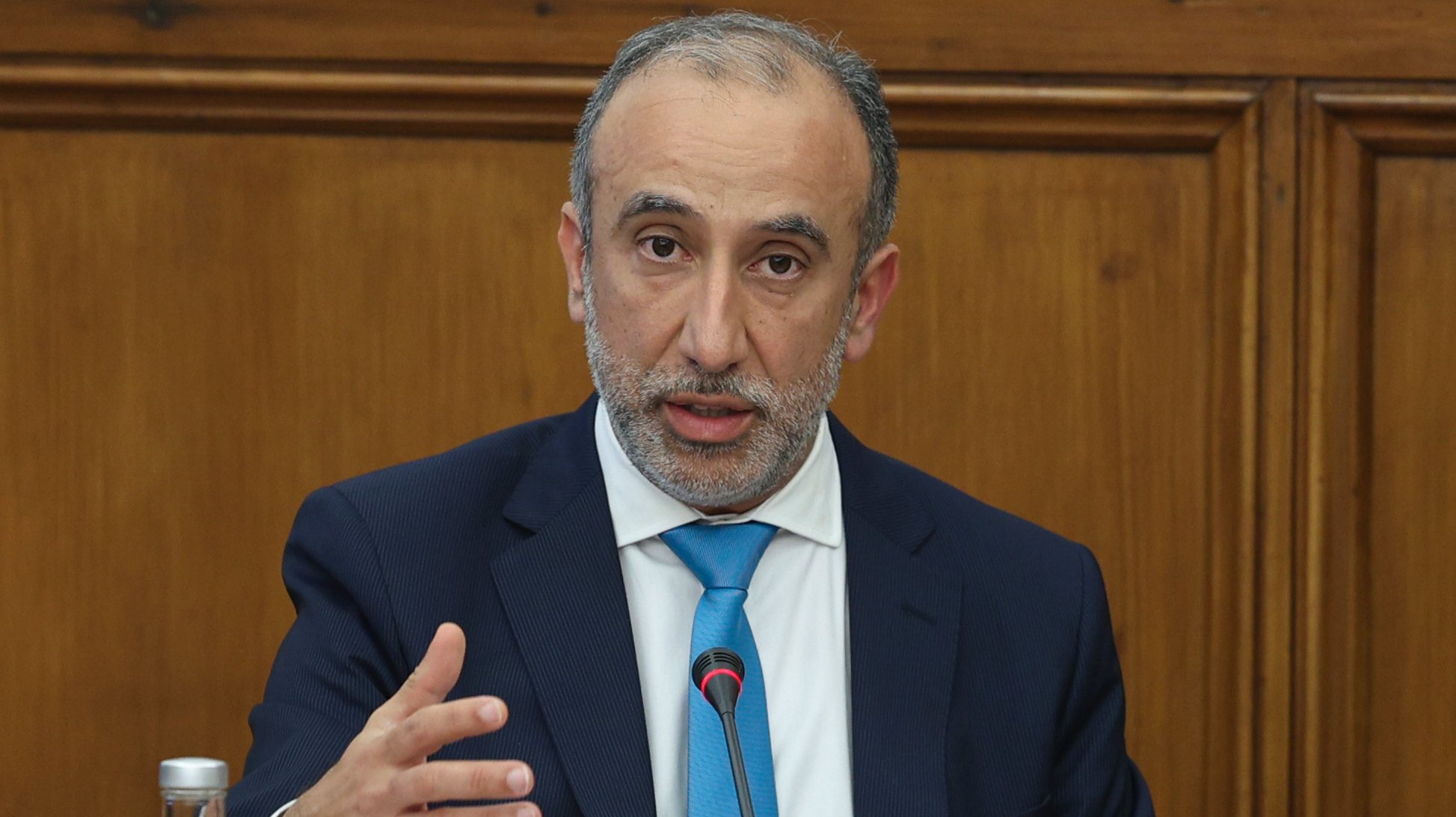The decision had already been announced: the Competition Authority rejected the commitments that Vodafone proposed to see if it could get the green light to buy Nowo. But the final decision has only now been taken. Vodafone is prevented by the Competition Authority from proceeding with the purchase of Nowo, the third and fourth operators on the market respectively.
Nuno Cunha Rodrigues, the president of the Competition Authority, had also mentioned the reasons for the possible leadership in Parliament this week. And now the final decision is made explicit. Rather than reinforcing Vodafone’s market power, it would reinforce the market power of the three main operators: Meo, Nos and Vodafone. “There are clear signs of a pre-merger equilibrium with a significant degree of coordination (cooperative equilibrium),” says the Competition Authority.
In a statement, the Competition Authority speaks of a pre-concentration market that already has a significant degree of coordination between the three main operators, which translates, in its analyses, into higher telecommunications prices (estimated at 21%), “which corresponds to a loss of consumer surplus and social welfare of, respectively, €349 million and €90 million per year”. If the operation went ahead, there would be still an additional loss. The market power of all operators would be reinforced, in particular that of Vodafone. “These effects would lead to a loss of consumer surplus and a loss of social welfare of, respectively, €54 million and €20 million per year”.
In terms of competition, Nowo exerts “significant competitive pressure on other operators in the market”, which means that “the merger would lead to significant price increases through a significant increase in the prices of Nowo products; the prices of Vodafone products; and the prices of other operators in the market.
Nuno Cunha Rodrigues had already highlighted that prices are lower in the areas where Nowo operates, which became known as the Nowo effect.
“Thus, all these results point to a deterioration of the pre-merger equilibrium, which, it is important to remember, is an equilibrium that is already moving away from a non-cooperative equilibrium,” the Competition Authority said.
And the Competition Authority assumes that this analysis did not consider possible operational improvements by Nowo through the spectrum acquired in the 5G auction, but says that it took into account the impacts that the entry of a new operator, Digi, will have, although it admits that it cannot be excluded, in the prospective analysis, that Digi’s entry “may suffer significant delays in the implementation of its investment/business plan or failures in its ability to penetrate the market.”
The AdC therefore concluded that “the merger in question will likely create significant obstacles to effective competition in the various telecommunications markets, resulting in unilateral and coordinated impacts leading to significant price increases, strengthening of market power, strengthening of entry barriers and strengthening of the conditions of cooperative equilibrium in the industry.”
Already in Parliament, Cunha Rodrigues had blamed Vodafone for the delay in the process.
Competition Authority justifies possible purchase of Nowo and blames Vodafone for delay
The transaction has been underway for a year and a half but was the subject of an in-depth investigation in April 2023. As of December, Vodafone had not submitted any package of commitments, which was rejected on 17 January 2024. On 30 January, Vodafone submitted a new proposal, withdrawn on 26 February, and submitted a new proposal which was rejected on 22 March. The fourth package of commitments was submitted by Vodafone on 22 April, and the tender was answered on 29 May.
In update
Source: Observadora
